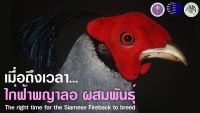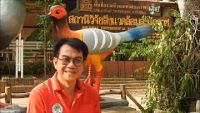
สถานีวิจัยสิ่งแวดล้อมสะแกราช (สสส.)
Sakaerat Environmental Research Station
Sakaerat Biosphere Reserve.
1 หมู่ 9 ต.อุดมทรัพย์ อ.วังน้ำเขียว
จ.นครราชสีมา 30370 ประเทศไทย
09 8219 5570, 06 1102 1707
sakaerat@tistr.or.th-
Facebook
Sitemap
Copyright © 2024, All Right Reserved.


